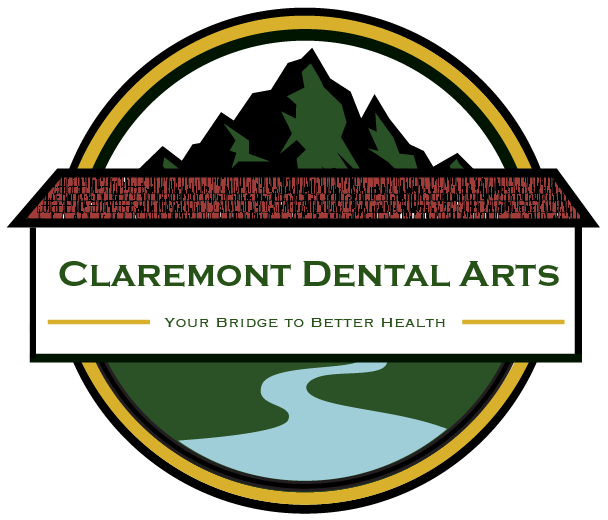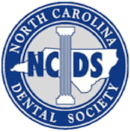
Let’s face it: most of us don’t exactly enjoy going to the dentist. For many folks, a visit for an exam and cleaning may be time-consuming, mildly inconvenient, or maybe a bit uncomfortable. However, for some of us, it goes a bit further and a vague dislike of going to the dentist becomes full-on dental anxiety. For those with dental anxiety, a trip to the dentist even for a routine exam can be a source of stress or even fear. Dental anxiety is more common than many of us think, so by taking a look at dental anxiety in this blog, we hope we can raise awareness and understanding of the condition and what both patients and providers can do to manage it.
It’s important to understand that dental anxiety may be triggered by any number of things. Some folks dealing with dental anxiety dislike the dentist’s drill, or needles, or the feeling of dental tools in and around their teeth. Some are concerned about having bad teeth or bad breath. Some have had bad experiences in the past, and some don’t know for sure why they’re so upset by the thought of the dentist. There are many causes, so don’t be afraid or ashamed of yours.
So, how do you identify dental anxiety? While there’s no hard and fast clinical definition of the symptoms involved, there are a number of signs that someone may be experiencing it. If you find yourself going through any of the following symptoms while thinking about the dentist, making an appointment, or being in a dentist’s office, you may have dental anxiety.
- Sweating or feeling flushed/hot
- Racing heartbeat
- Heart palpitations
- Sudden changes in blood pressure
- Fainting
- Crying
- Panic attacks
- Anger
- Visible distress
- Withdrawal, not speaking to anyone, occasionally to the point of dissociation
- Aggression
- Trouble sleeping before your appointment
- The nervousness that gets worse over time as your appointment approaches
- Constant, nagging worry
- Feeling overwhelmed
- Racing thoughts or inability to focus
You don’t have to experience all of these symptoms to have dental anxiety; if you constantly have one or more while thinking about or dealing with dental care, dental anxiety may be the issue. The good news is that there are a number of things you can do to help deal with your dental anxiety in a direct and proactive way. So here are some tips for dealing with your dental anxiety in the best way possible:
- Talk to your dentist. Your oral health care provider knows about dental anxiety and you’re almost certainly not the first patient they’ve had experience with. Communicate your concerns to them in a way that’s comfortable for you and explain what’s going on. They’ll be able to help you address the issue productively.
- Meditation and breathing exercises are a time-honored and proven way to deal with anxiety and stress, including dental anxiety. You don’t need to be a Zen master to do them, either: just focusing on taking deep full breaths can go a long way. There are a number of such approaches available, so find the one that’s right for you.
- Distracting yourself before, during, and after an appointment can help. Talk to your dentist and see if you can wear headphones and listen to music during your exam or treatment. That can go a long way towards making you feel better.
- Ask if you can bring a friend or loved one with you. A little extra support while all this is going on can be a great help in dealing with anxiety and fear. Someone you love and trust reminding you that you really are safe and everything is alright is always a welcome thing during stressful moments.
Dental anxiety needn’t be the end of the world. It’s just another issue to address while working to improve your oral health as a whole. The right dentist and the right staff will know how to talk you through it and make the experience as easy as it can be.




